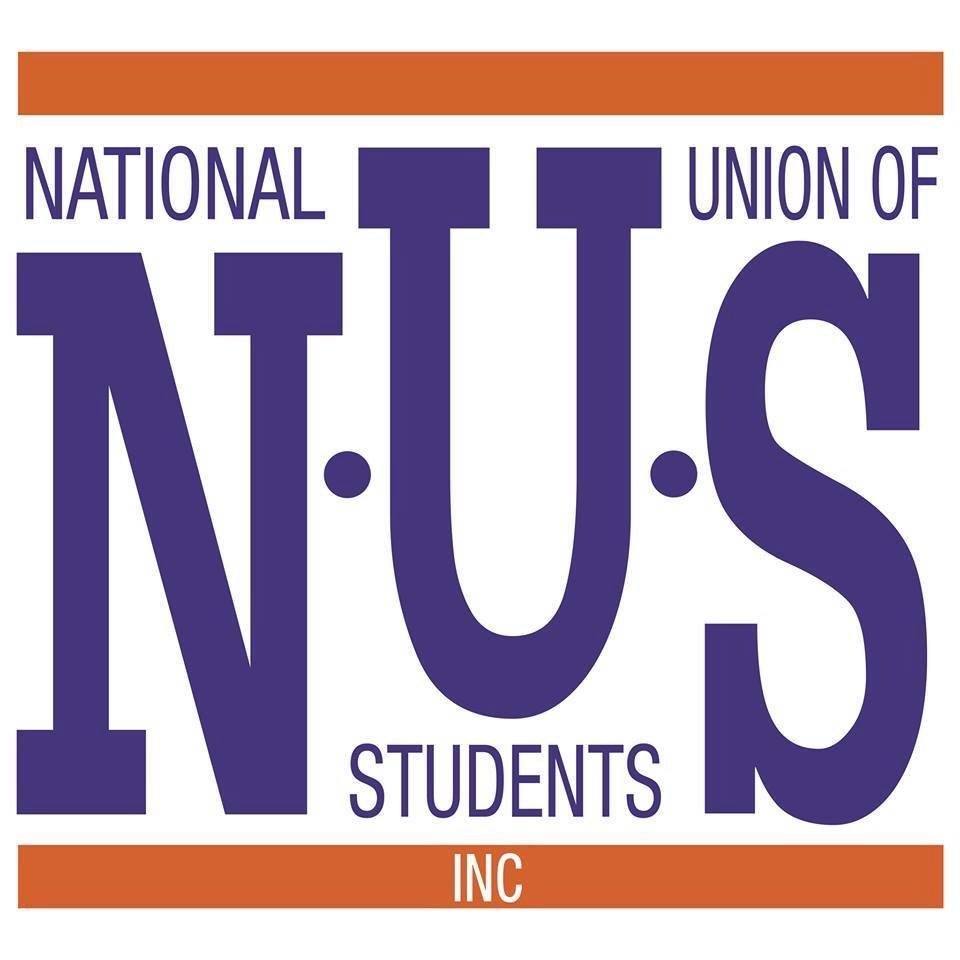The National Union of Students (NUS) Education Department has brought forth a petition to dedicate all Student Services and Amenities Fee (SSAF) Funds to the student unions. The petition claims that “universities have been systematically underfunding student spaces for years.”
Currently, full-time students pay $157.50 in SSAF funds each semester, amounting to an expected total of $5.5 million in 2022. At ANU, SSAF funds are granted towards funding various programs and services for ANU students, including Griffin Hall, salaries on casual ANU staff, ANU+, and ANU Wellbeing Projects etc.
Currently, SSAF funds at the ANU are spread across six recipients — the University itself, ANUSA, PARSA, ANU Sport, Woroni, and ANU Observer. Should the demands of the NUS petition come into effect, SSAF will only be allocated to two recipients — ANUSA and PARSA.
The petition presents several demands to the Commonwealth Government and university management, including the ANU.
The petition urges the Commonwealth Government to “[r]estore Universal Student Unionism,” legislate that all SSAF funds go directly towards “democratically elected student unions” until Universal Student Unionism is reinstated, and “[r]emove restrictions that dictate what SSAF can be spent on.”
Speaking to Woroni, ANUSA Treasurer Jaya Ryan stated that while the NUS proposition “might be an improvement on the current system, it is still entirely inferior to compulsory student unionism (CSU),” which was abolished in 2006. CSU would have student organisations directly charge membership fees from students, rather than have the university charge students the SSAF and subsequently allocate it to various organisations.
Under the current system, ANUSA identifies as its main problem that they “need to lobby and protest the university until they give us enough to feed students, pay for lawyers to defend students, fight for a safe and just campus, and give emergency grants to students in need.”
Ryan also finds fault in the NUS’s proposition, insofar that it “does nothing to stop the University picking and choosing which student organisation it sends SSAF to.” The treasurer suggests that the proposal “might even incentivise the hostile takeover of student unions as this will be the only way for universities to choose where SSAF gets allocated under a 100% SSAF system.”
Speaking on journalistic integrity, Ryan acknowledges a “huge and unavoidable conflict of interest” under the NUS’s proposition. He asserts that “[s]tudent media needs to be able to freely criticise student activists and student unions without fear of being defunded” and such media organisations “have a right to institutional and financial independence from student unions and from the university.”
As such Ryan continued, “ANUSA endorses a return to CSU with the caveat that there is an independent mechanism that diverts some portion of student fees to funding student media.”
Speaking to Woroni, the NUS Education Officer Luc Velez stated that currently SSAF funds do not “allow for activism” because the “union dues go to the boss.” Instead, they believe that “a really solid halfway point… is legislating minimum amounts of SSAF to go directly to the student union” since they think that full SSAF funds going to student unions is “not going to happen in the short term.”
In the recent Federal Budget in March, the Coalition Government did not make any changes to SSAF legislation. The NUS fight for changes to SSAF allocation, however, continues.
We acknowledge the Ngunnawal and Ngambri people, who are the Traditional Custodians of the land on which Woroni, Woroni Radio and Woroni TV are created, edited, published, printed and distributed. We pay our respects to Elders past and present. We acknowledge that the name Woroni was taken from the Wadi Wadi Nation without permission, and we are striving to do better for future reconciliation.
